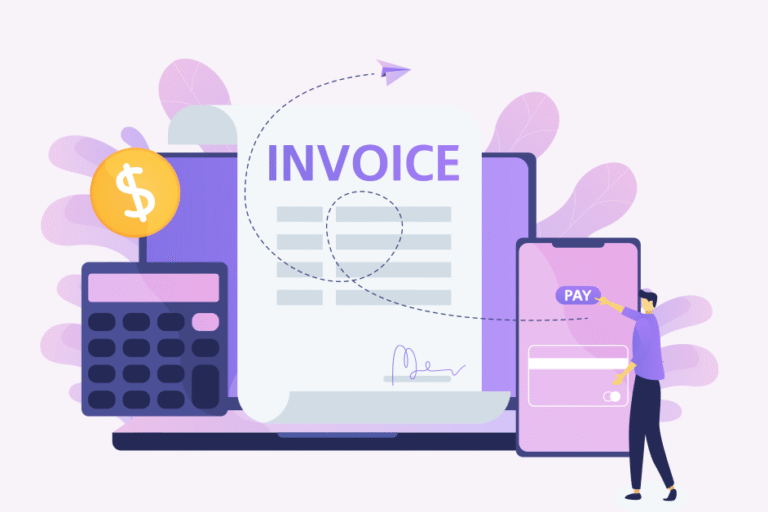
Essential Tips for Lawyer Time Management
01/31/2024 By Dan Bowman
Lawyers often struggle with time management because they want to do all they can for those they serve, but that can lead to stress and feeling overwhelmed. Giving everything to your clients is an excellent quality, but you’re not helping them or yourself if you don’t manage your time effectively.
Stay on track this year and beyond with these time management tips for lawyers.

Common Lawyer Time Management Issues
Why is time management difficult for lawyers? Here are a few reasons:
Overcommitment
You may want to do all you can and continue to say “yes,” even when you don’t have the time to accomplish a task. This cycle can quickly lead to burnout and can impact the completion of other tasks and the overall quality of work or services.
Quality should always be the gold standard for lawyers, and continuous overcommitting could actually lead to more client dissatisfaction.
Inaccurate Time Estimates
It happens, you thought a task would take 30 minutes to complete and somehow it’s turned into an hour, 2 hours, and so on. While this can sometimes be inevitable, having a holistic understanding of your task list can greatly reduce inaccurate time estimates for a project.
In these situations, it’s always important to communicate with your staff or even the client if you feel more time is needed that originally expected to complete a task. Especially, it will impact the timeline of a case or hours billed.
Procrastination
One of the key components of effective time management is not putting work off until the last moment. Procrastination is common and it almost always stems from an underlying factor. You may not know what you should do next or you may be dreading the work ahead of you. Either way, understanding the source of your procrastination can help you combat it.
Not Delegating Tasks
Proper delegation of tasks and overcommitting go hand in hand. There are many reasons why lawyers can struggle with delegating tasks, but it’s often rooted in wanting to be in control of the task completion. While understandable, lawyers will find that they can’t do it all and need to have enough trust in their staff to complete tasks.
While the luxury of having a large law firm that is well-staffed is not always the case for solo or small law firms, lawyers can easily outsource work to virtual assistants or freelance legal professionals.
Outdated Methods
The legal industry can be slow to innovate, leaving law firms with outdated methods of managing daily tasks. Many lawyers rely on traditional methods like timekeeping on paper and filling out forms manually, which only adds to their plate.
Law practice management software can greatly reduce how much time lawyers spend on administrative tasks by automating them. For items like time tracking and invoicing, Bill4Time offers multiple timers that accurately capture time no matter what case you’re working on. You can then easily populate your billable time in an invoice template and bill the client. This seamless process can save lawyers hours a week.

How to Improve Lawyer Time Management
Some simple time management tips can help you balance your workload while taking the time to enjoy the holiday season.
Understand the 80/20 Rule
The 80/20 rule is the efficiency principle – a concept based on the idea that 20% of actions are responsible for 80% of the rules. Though this applies to virtually all industries, in the legal industry, lawyers only spend about 28% of their time on billable tasks and projects.
The key to mastering the 80/20 rule and improving time management is paying attention to the time spent on billable tasks. Your billable work should be a top priority every day, then you can focus on everything else once that’s complete.
Time Tasks Appropriately and Add a Buffer
Though you may not like the idea of timing everything throughout the day, it’s a solid strategy for identifying how you spend your time and taking your efficiency to the next level. Log the time you spend on everything for a full week, specifically administrative tasks.
With everything in black and white, you may notice that you spend more time doing certain tasks each day than you realize. This is an opportunity to identify areas of improvement to save time without harming your productivity.
Manage Email Carefully
Email is important for keeping up with casework and client communications, but it can be a time trap. Your email inbox can get cluttered with a lot of urgent, non-urgent, and promotional messages that pile up. If you’re checking it every few minutes and answering each individual email, you’ll blow through a lot of time each day.
Modify your notifications to avoid alerts going off for each message, then block off time on your calendar each day to manage your email. This will be the time to check and respond to all appropriate emails and keep up with your clients, so before that time hits, avoid checking your inbox.
Delegate Effectively
Time management isn’t just about being efficient with your own workload, but saving time by helping others manage their own. You don’t want to be stuck with the burden of the workload alone, especially with a team of support staff to chip in and help.
Delegation can be challenging, but not impossible. Good project management requires you to determine who is most qualified to complete different tasks and assignments, then let them assist you to improve your productivity while getting the results you want.

Law Practice Management Tools to Support Lawyer Time Management
Law practice management software like Bill4Time has a variety of tools to shave valuable time off your workday, such as organization and time tracking tools.
- Project management features help you manage your caseload
- Time tracking tools ensure you’re keeping up with every billable minute, complete with automated timers
- Custom features allow you to separate time and expenses, add notes or documents, and set personalized notifications to manage the high-priority tasks
Master Lawyer Time Management with Time-Tracking Software
Time management is a key competency for lawyers at every stage in their careers. Small steps may only save a few minutes, but those quickly add up to improved efficiency. Including time-tracking software is the ideal complement to your time management with automated tools that help you streamline your process and stay on track.



